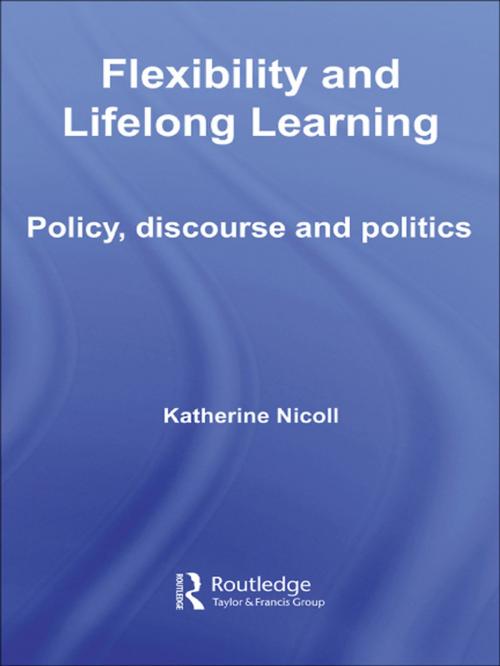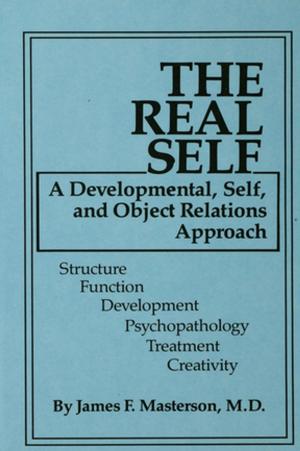Flexibility and Lifelong Learning
Policy, Discourse, Politics
Nonfiction, Reference & Language, Education & Teaching, Educational Theory, Adult & Continuing Education| Author: | Katherine Nicoll | ISBN: | 9781134192397 |
| Publisher: | Taylor and Francis | Publication: | September 27, 2006 |
| Imprint: | Routledge | Language: | English |
| Author: | Katherine Nicoll |
| ISBN: | 9781134192397 |
| Publisher: | Taylor and Francis |
| Publication: | September 27, 2006 |
| Imprint: | Routledge |
| Language: | English |
What can the politics of discourse tell us about the discourse of politics?
How are flexibility and lifelong learning positioned within policy?
Flexibility and lifelong learning have become key aspects of education policy in nation states and bodies such as the European Union and Organisation of Economic Cooperation and Development in recent years. They are positioned as necessary for the knowledge economy and social inclusion. The failure to adapt through becoming more flexible and participating in lifelong learning is held up as a failure at individual, organisational and national levels.
But how has that narrative come to be constructed? In what ways is it persuasive? And what forms of political action are possible and necessary? These are the questions addressed in this text. Drawing upon the work of Michel Foucault and on the notion of rhetoric, this book forensically explores examples of the work of policy texts in the discourses of education, lifelong learning and flexibility that they construct. In so doing, it argues for the need to take policy discourse seriously and not simply dismiss it as ‘spin’.
Through a detailed examination of policy texts from primarily Australia, the UK and European Union, this text provides insights into the strategies through which flexibility and lifelong learning become realized and realizable as part of the common sense of educational discourse. Rather than simply rejecting these ideas, or suggesting they are merely the window dressing for the more malign interests of the knowledge economy or globalization, it suggests a politics of the wedge and possibilities for the insertion of different meanings. Central to the claims of this text are that we need to engage closely with the discursive and rhetorical strategies of policy, in order that we understand both how it is constructed and thus how it can be deconstructed.
What can the politics of discourse tell us about the discourse of politics?
How are flexibility and lifelong learning positioned within policy?
Flexibility and lifelong learning have become key aspects of education policy in nation states and bodies such as the European Union and Organisation of Economic Cooperation and Development in recent years. They are positioned as necessary for the knowledge economy and social inclusion. The failure to adapt through becoming more flexible and participating in lifelong learning is held up as a failure at individual, organisational and national levels.
But how has that narrative come to be constructed? In what ways is it persuasive? And what forms of political action are possible and necessary? These are the questions addressed in this text. Drawing upon the work of Michel Foucault and on the notion of rhetoric, this book forensically explores examples of the work of policy texts in the discourses of education, lifelong learning and flexibility that they construct. In so doing, it argues for the need to take policy discourse seriously and not simply dismiss it as ‘spin’.
Through a detailed examination of policy texts from primarily Australia, the UK and European Union, this text provides insights into the strategies through which flexibility and lifelong learning become realized and realizable as part of the common sense of educational discourse. Rather than simply rejecting these ideas, or suggesting they are merely the window dressing for the more malign interests of the knowledge economy or globalization, it suggests a politics of the wedge and possibilities for the insertion of different meanings. Central to the claims of this text are that we need to engage closely with the discursive and rhetorical strategies of policy, in order that we understand both how it is constructed and thus how it can be deconstructed.















